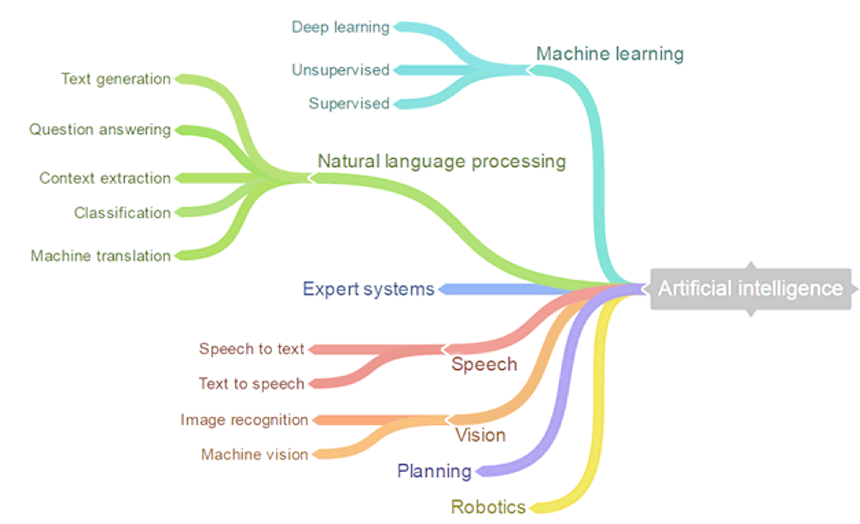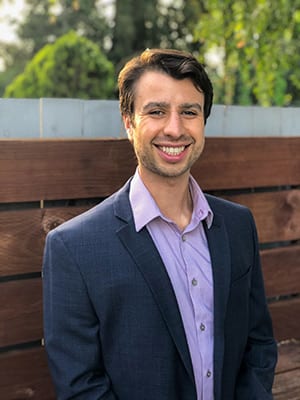
Even as COVID-19 continues to alter the legal landscape, Berkeley Law students are engaged in compelling summer work encompassing a huge range of practice areas. Throughout the summer, we will periodically present first-person accounts from students who are doing intriguing work.
Before coming to Berkeley Law, Chris Gronseth ’22 worked primarily in the healthcare industry. One of his most meaningful endeavors involved helping a nonprofit improve maternal health in underserved communities. A University of Oregon graduate with an MBA from the University of Colorado, Chris recently interned in the legal department of a leading startup accelerator. He is also an InSite fellow, articles editor and blog contributor at the Berkeley Business Law Journal, and on the executive board of the Healthcare & Biotech Law Society at Berkeley Law.
Below, Gronseth describes his summer work experience:
I’ve been working with the Atticus Project, a nonprofit 501(c)(3) organization based in San Francisco that is exploring the intersection between law and artificial intelligence. I help support multiple Atticus Project initiatives, including efforts to publish an open-sourced artificial intelligence dataset used in legal contract review, and building a set of training materials focused on educating high school and law students about artificial intelligence and legal terminology.

I joined Atticus Project in February because of my interest in innovative, mission-driven organizations. Bleary-eyed from first-year law classes, I was excited for a new challenge and searched for ways to be involved in the robust entrepreneurial ecosystem fostered by Berkeley Law.
In January, Adam Sterling ’13 (executive director of the Berkeley Center for Law and Business) introduced me to Atticus Project Executive Director Wei Chen, who is also a member of the center’s executive advisory board. Wei had such energy and passion for pursuing a mission larger than herself that I knew I wanted to be involved.
I had previously only heard “artificial intelligence” and “machine learning” as buzzwordy terms used to describe a dystopian future of work, so I was excited to get hands-on experience in learning more about what AI really entails and how it might be a positive and useful tool in legal work.
The fast-paced, “startup” dynamic at Atticus provides a lot of room for creativity and initiative. While my time was initially spent trying to learn more about legal terms and labeling commercial contracts, that soon shifted to a leadership role focused on helping the organization scale.
Along with fellow Berkeley Law students Joseph Kroon ’22, Bryan Burgoon ’21, and Sheetal Saran LL.M. ’20, I helped build the bridge between Berkeley Law and Atticus Project by developing materials for the Atticus Project’s summer program. As a result, many other students—ranging from high schoolers to Berkeley Law students—have also joined Atticus Project as summer interns.
The summer so far has been packed with events ranging from informational guest speakers from top law firms and technology companies to trainings about artificial intelligence and legal terminology.
While the program has been conducted remotely, the sense of community generated by the enthusiasm of all those involved has been inspiring. It is exciting to see the growth and progress made by the whole team as we become more familiar with contract review and learn about the AI possibilities in the legal industry!
For more information about the Atticus Project, including ways that you can be involved, check out its website or LinkedIn page.